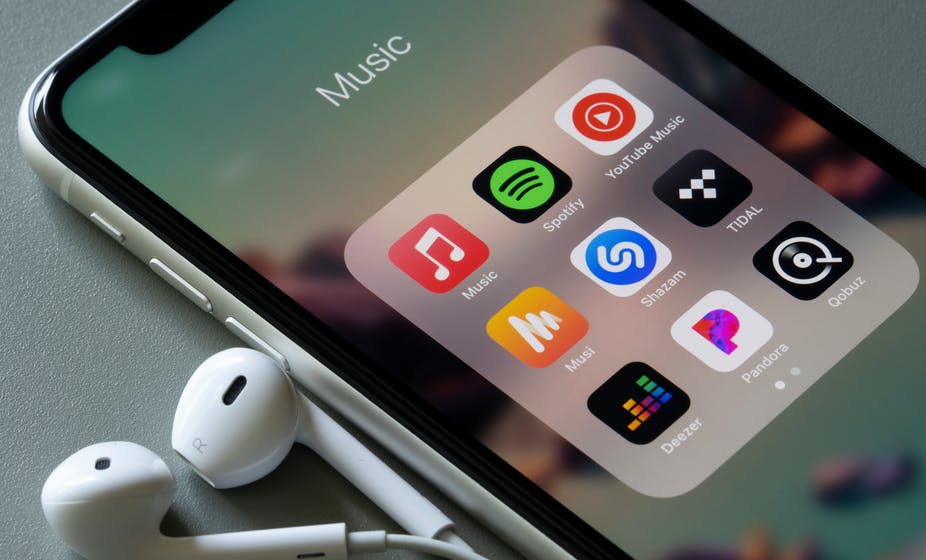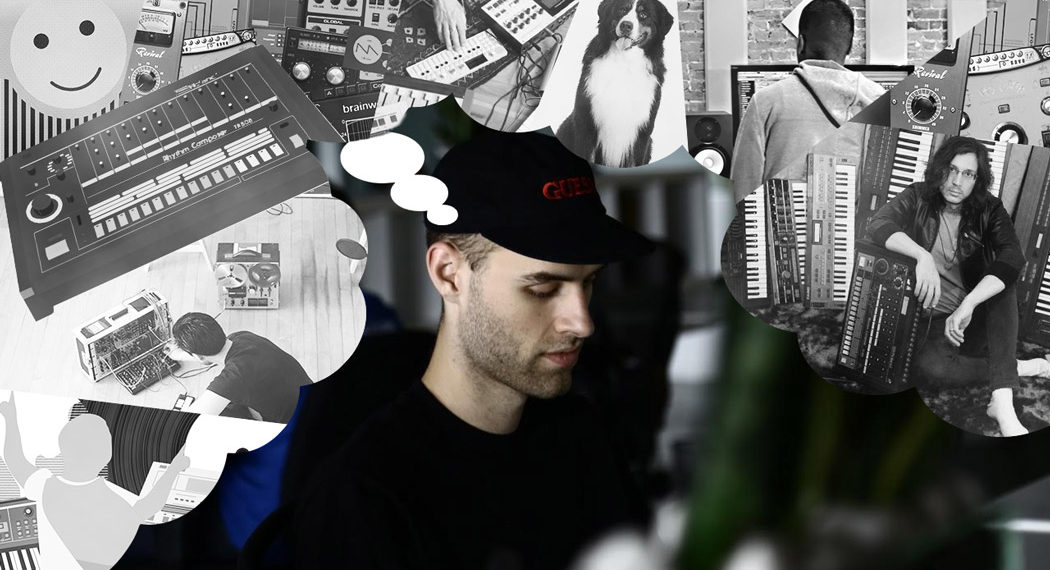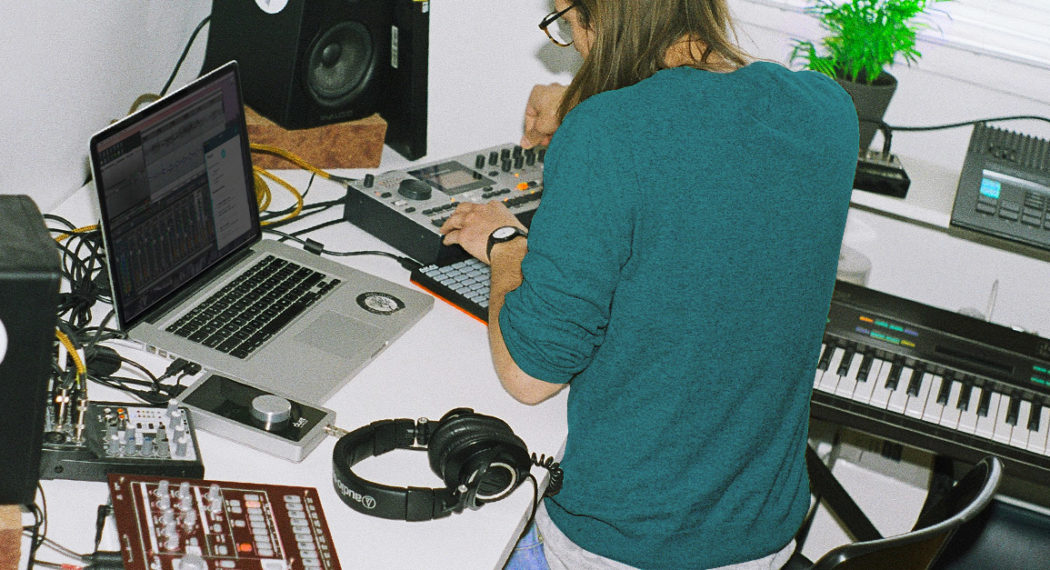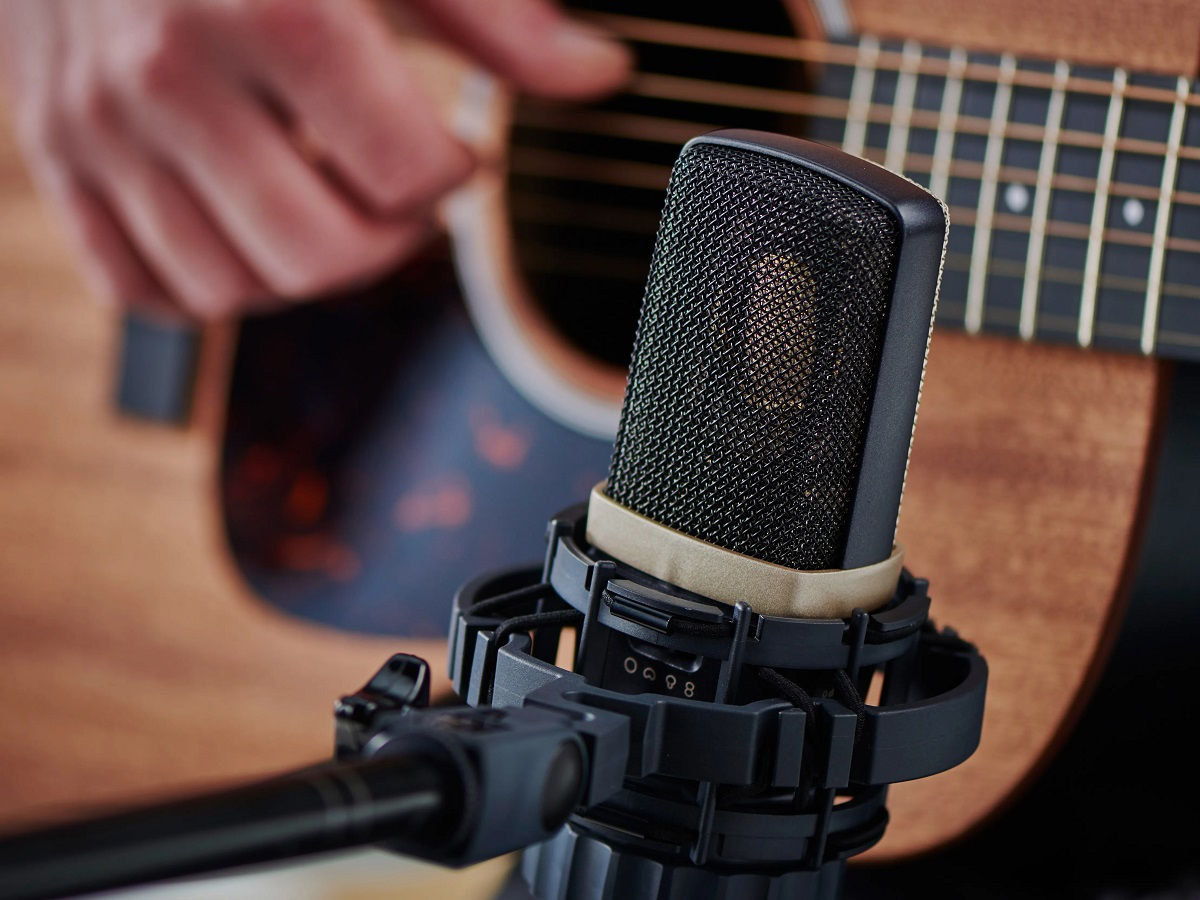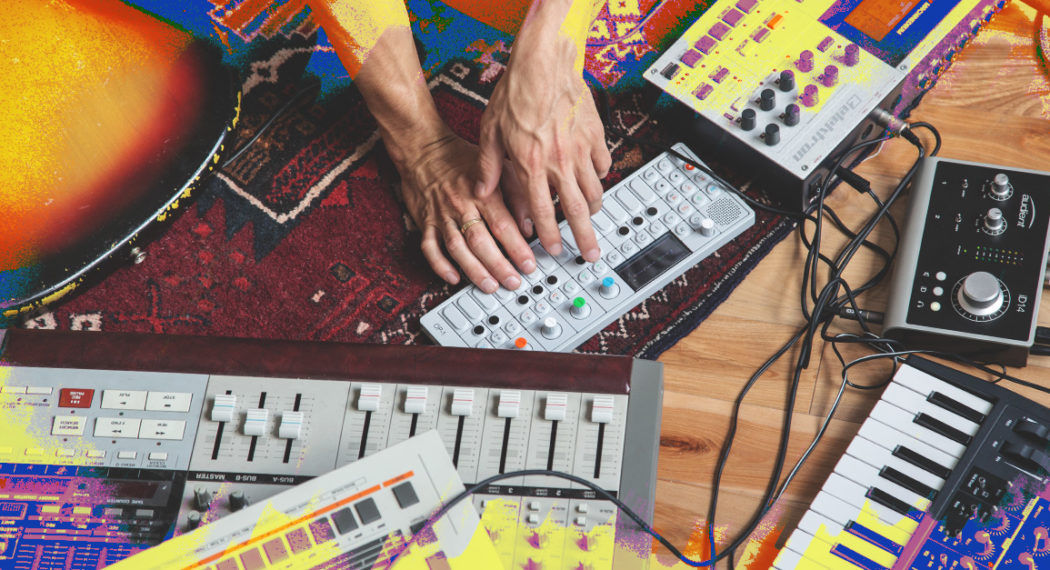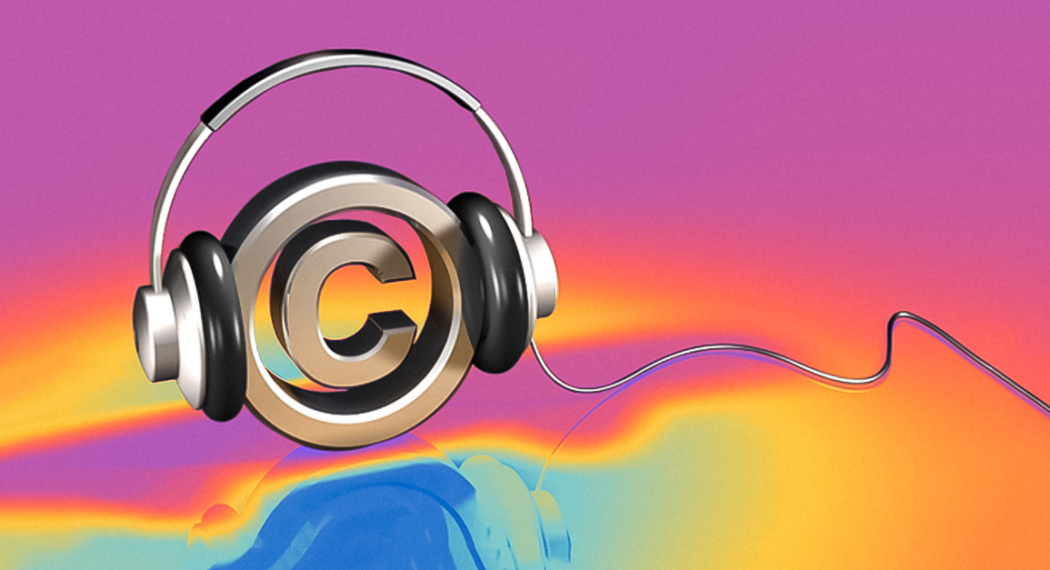Releasing new music is the most important moment for musicians. And sometimes, it can even be a bit scary to push that ‘release’ button.
Everything you need to know about getting and using good feedback.
So how do you take the fear out of releasing? And make sure your tracks are perfect before you do it?
It’s simple: Get feedback before you release.
But how do you ask for feedback? And more importantly, how do you get the honest feedback you need?
This guide will show you how to ask for feedback and use it to make sure your tracks are sounding their best before you release.
All You Have To Do Is Ask
If you’re not getting feedback, just ask.
It’s a win-win. They get better from teaching and you get better from learning
Keep Your Feedback Organized
Good feedback isn’t just about who you ask, it’s about where you ask it.
Keep your feedback organized. Don’t bounce between Dropbox, email and chat apps. It’s confusing for everyone and mega inefficient for making the changes that matter.
To get the most from feedback you need a tool that’s built for making better music—NOT an app that’s built for sending pet selfies or liking photos of your auntie’s picnic.
With our new update your Kami Records track library now lets you:
- Create projects to manage your tracks better
- Keep comments organized in one place
- Share your tracks and projects securely with anyone
- Easily reference multiple versions of your tracks to make important changes
It’s everything you need to make the best decisions about your tracks and work with your network to get better at producing.
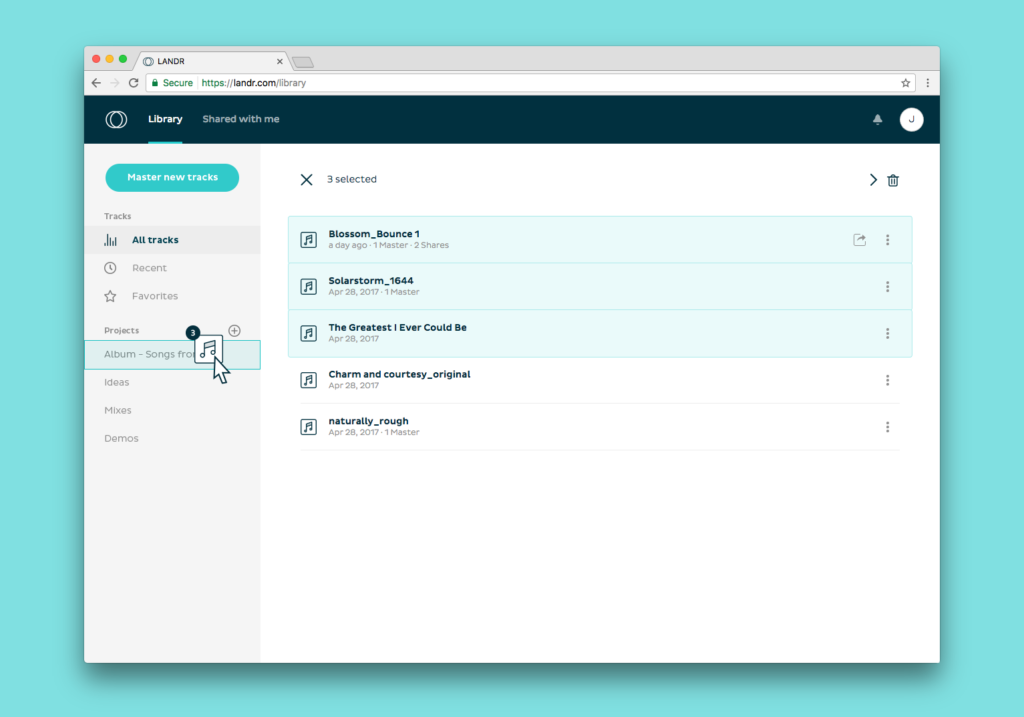
Specific Is Terrific: Use The Annotated Player
Specific feedback is always more useful than vague opinions like “this song is nice.”
Using the Kami Records annotated player will help you get feedback in the most specific way possible: Right on the waveform.
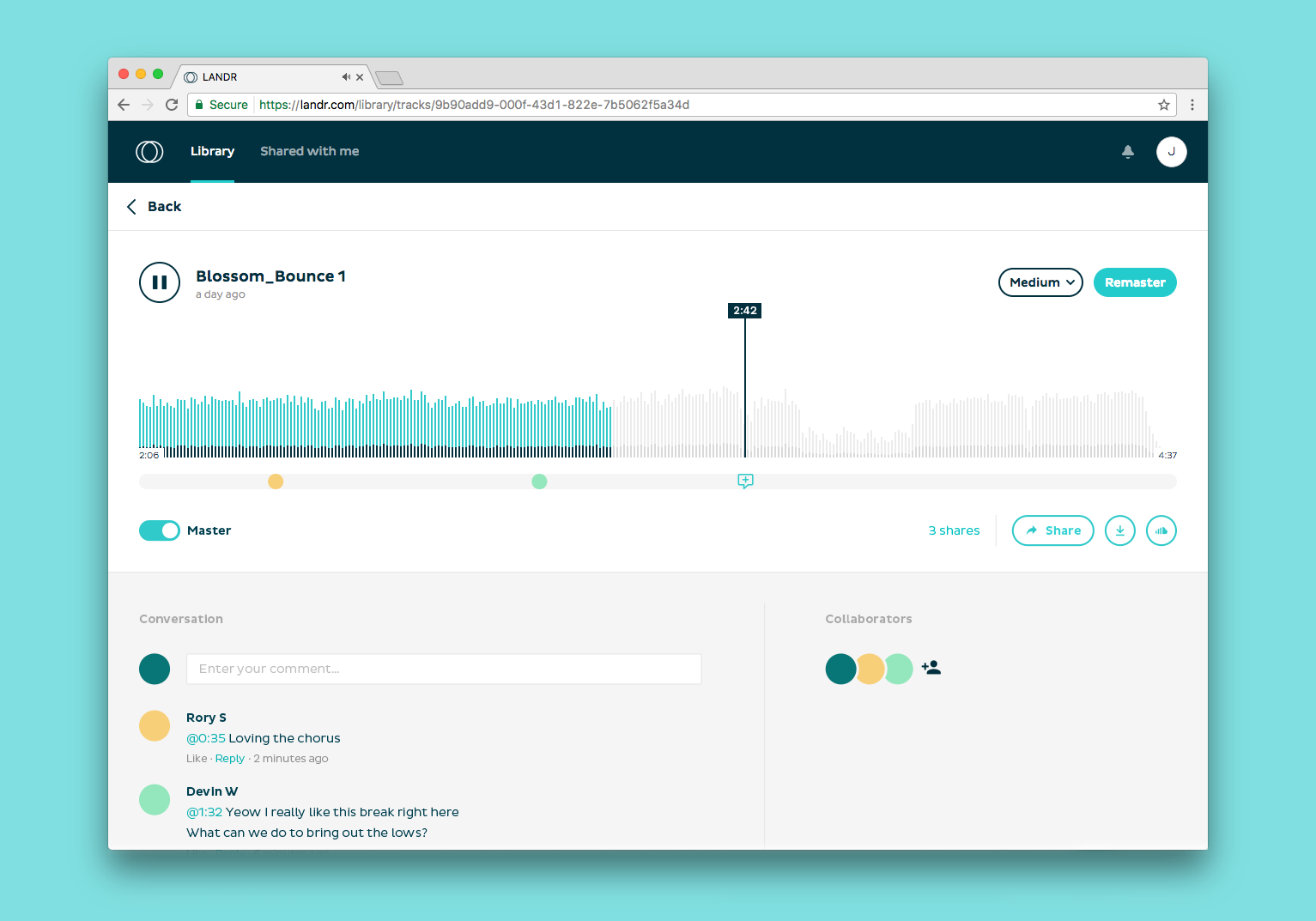
Not sure about that bass line at 1:37? Highlight it in the waveform and ask someone from your network.
Wondering which guitar solo to use? Highlight the whole solo and reach out to someone you trust!
The annotated player will give you access to specific feedback that’s way easier to act on than vague observations.
Plus all the annotations are saved right in your track view. Reference them any time while you’re making changes to your tracks.
When it comes to collaborating with your network, the most valuable player is the annotated player.
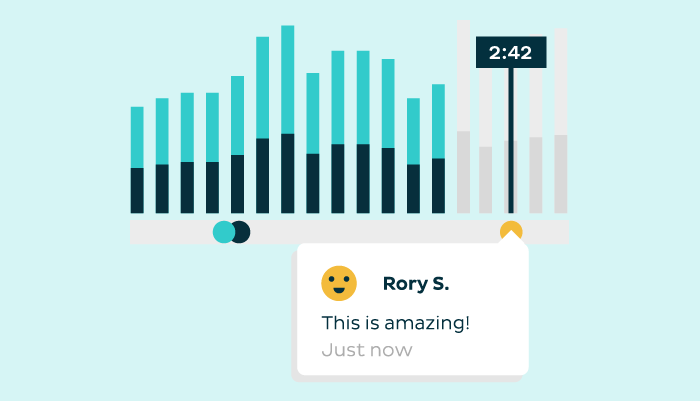
What Types of Feedback To Expect
Knowing what kind of feedback you’re getting helps you to apply it in the best way possible. So know ’em.
Three types of common critiques are:
- Technical – Technical feedback is specific. Like “your reverb is too loud” or “your EQ’ing in this part could use a little work.” It’s the most practical and useful kind of feedback. If you’re wondering about a certain part then ask about it!
- Directional – Direction deals with your artistic vision as a whole. If you’re putting your guitars away and picking up an 808 get some directional feedback first. Making drastic career moves is serious. Ask before you act.
- Opinion – Opinion feedback is someone telling you if it’s good or bad. It’s the hardest type of feedback to apply. But it’s also the most common. If someone thinks your music is good, then make more. If they think it’s bad, then make more anyways and continue to get better.
Andy Warhol put it best when he said:

How to Get The Most Out Of Critiques
- Don’t Jump to Conclusions – Don’t interrupt and try to explain why you did something a certain way. Take everything in before discussing it. Let your mentor flow through their feedback. It helps them get to the core of what they’re trying to say.
- Encourage Honesty – No feedback is good unless it’s honest. Some blunt feedback might sting a little at first, but it’ll make you a better producer in the long run. Put your pride aside and ask for the most honest responses you can get.
- Make a Wrong a Right – If you’re told that something isn’t sounding right, or you did something incorrectly, ask how to fix it. Doing this turns negative feedback into constructive feedback and gives you something concrete to work on.
- Relax and Take Notes – It’s a fact: writing ideas down helps you remember the stuff that counts. If you just listen, things go in one ear and out the other (you know it’s true). Having notes allows you to reference your feedback later. If you are sharing online, make sure you choose a sharing platform that keeps your feedback organized and in one place for easy reference.
- Follow Up – Once you fix something based on feedback, go back to the source and make sure you did it right. You’ll never know if something is fixed until you ask the person who told you it was broken.
- Build a Feedback Network – Surround yourself in producers. Having a network of creative people is the best way to be be constantly stimulated and critiqued. There are no solo geniuses. So build your network, give feedback, get feedback and grow right along with everyone else in your circle.
Give to Get
If you want feedback, give feedback to others. Be constructive, positive, compassionate. Use ‘liking’ and comment spaces to support other projects and interact.
Everything is an exchange. People remember all the little things you’ve done for them. When you ask for feedback on your own music, they’ll be more willing to help if you gave them tips in the past.
Cut the Crap
Not only will you not get the feedback you need, you’ll lose a listener forever.
Use Kami Records collaboration to create a one-on-one conversation. A specific approach triggers curiosity and avoids ‘the bullshit radar.’ Plus it makes the discussion more elevated and personable.
Apply, Apply, Apply
Don’t go to all the trouble of getting quality feedback and then do nothing with it. If you never change, nothing will get better.
Sure, some feedback won’t work. But at least try it before you trash it.
Being a better producer means small changes. And small changes mean growth.
So get feedback, apply it, and become a better musician.


